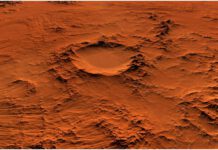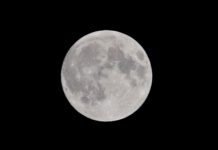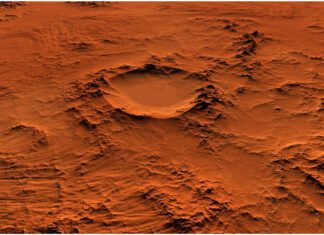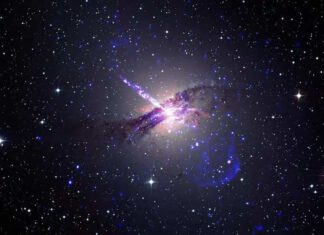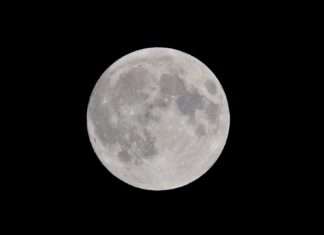
The exploration of extraterrestrial life by scientists continues with promising developments. A recent study suggests a surprising place where we might encounter aliens: hidden within the clouds of Venus.
Alien life on Venus?
The concept of extraterrestrial life residing in the clouds above Venus might sound perplexing. The clouds consist almost entirely of sulfuric acid, which seems inhospitable. However, this is precisely where the recent study hints and for good reason. Scientist Janusz Petkowski, a contributor to the research, reveals, “People often believe that concentrated sulfuric acid is extremely hostile and dissolves everything. We have now found that this is not explicitly the case.” The research showed that many essential amino acids could survive in sulfuric acid. The study has been published in the Astrobiology journal.
Home-Based Experiment
What makes this study unique is the team composition. The team led by Sara Seager worked primarily from a home-based laboratory, including her son, Maxwell Seager. For this study, samples of 20 different essential amino acids for all life on earth were ordered in powdered form. These amino acids can make several proteins necessary for life. The scientists dissolved these amino acids in water and mixed them with sulfuric acid. Finally, the different solutions consisted of 81% to 98% sulfuric acid, consistent with the sulfuric acid concentration found in Venus’s clouds.
Then, the team let the solutions stand for a day before moving them to a shared laboratory. Here they scanned the solutions multiple times with a nuclear magnetic resonance (NMR) spectrometer for four weeks. This multiple scanning technique made it possible to analyze the eventual effects of sulfuric acid on the amino acids. They found that 19 out of the 20 amino acids remained stable. Maxwell Seager explains, “We discovered that the core of many amino acids remained untouched. Proof of this doesn’t necessarily mean that there is life (in the clouds of Venus). But it does mean that there’s a chance that there could be.”
Possibility of Life on Venus
The study results signify the theoretical possibility of life existing on Venus. Co-researcher Sanjay Limaye shares, “The possibility of life on Venus has now become much more tangible. This is because we now know that these essential amino acids remain stable in sulfuric acid. It’s therefore very conceivable that life first originated in water, to then adapt itself to withstand sulfuric acid.”
The team already has firm plans for further research. Sara Seager is leading a new research project with a clear mission: to launch a spacecraft to Venus. The goal is for this spacecraft to fly through Venus’s clouds to directly explore the existence of organic molecules. Sara Seager concludes, “We know that life on Venus cannot be the same as here on Earth. However, our research indicates that the clouds of Venus might contain complex substances necessary for life. I think the team is particularly pleased that the obtained results further confirm the potential for life on Venus.”

